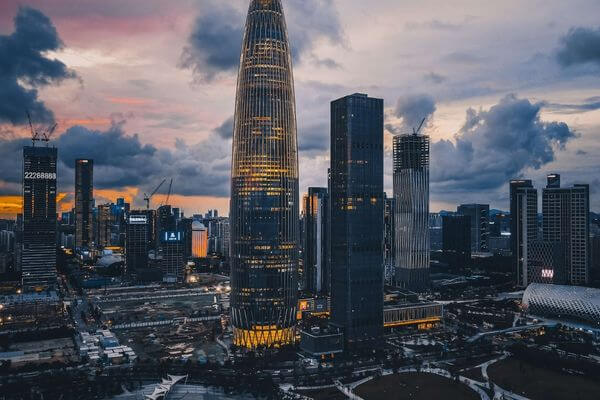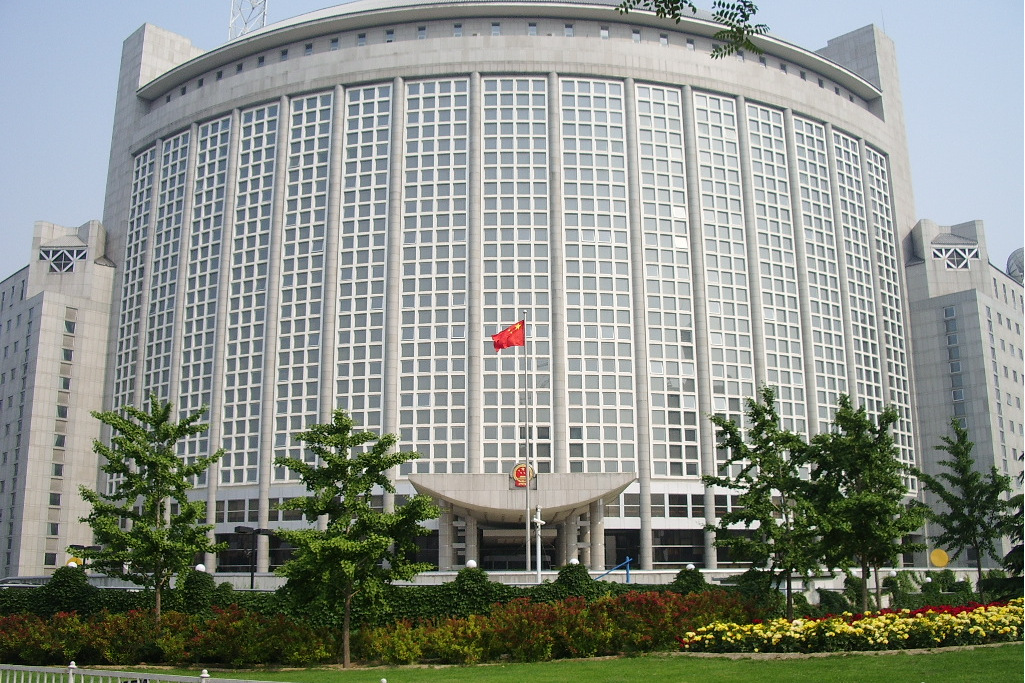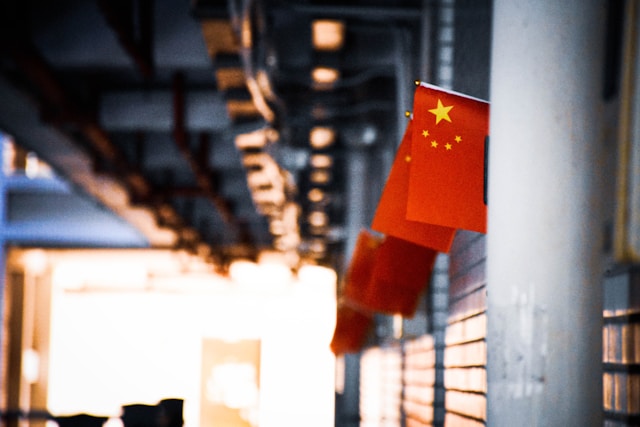
The Standing Committee of the People's Congress in Shenzhen passed the "Regulations of Shenzhen Special Economic Zone on the Administration of Smart and Connected Vehicles” (深圳经济特区智能网联汽车管理条例, hereinafter referred to as the “Regulations”) in July 2022.
The Regulations, effective as of 1 Aug. 2022, divides the use and management of autonomous vehicles and the determination of rights and responsibilities in the event of traffic accidents.
This is the first time that China has made specific regulations on the marketization of the Smart and Connected Vehicles.
According to the Regulations, the Smart and Connected Vehicles refer to vehicles that can be safely driven on a road by an automatic driving system instead of human operation, which includes three types of vehicles: conditional automatic driving (L3), highly automatic driving (L4) and fully automatic driving (L5).
The Regulations stipulates that vehicles of L3 and L4 shall have drivers equipped with manual driving mode and pertinent devices. If the vehicle has a traffic accident with operational L3 or L4 automatic driving system, the driver should bear the responsibility first.
By contrast, L5 vehicles can only be driven in the areas and sections designated by the traffic management department. In principle, the owner and manager of the vehicle shall bear the liability for violation of laws and indemnity in case of traffic violation or accident without drivers.
If a traffic accident is caused by the defects of the Smart and Connected Vehicles, the driver can claim indemnity from the producer or seller of the vehicles after assuming the liability for damages according to law.
Cover Photo by Vincent Lin on Unsplash
Contributors: CJO Staff Contributors Team









